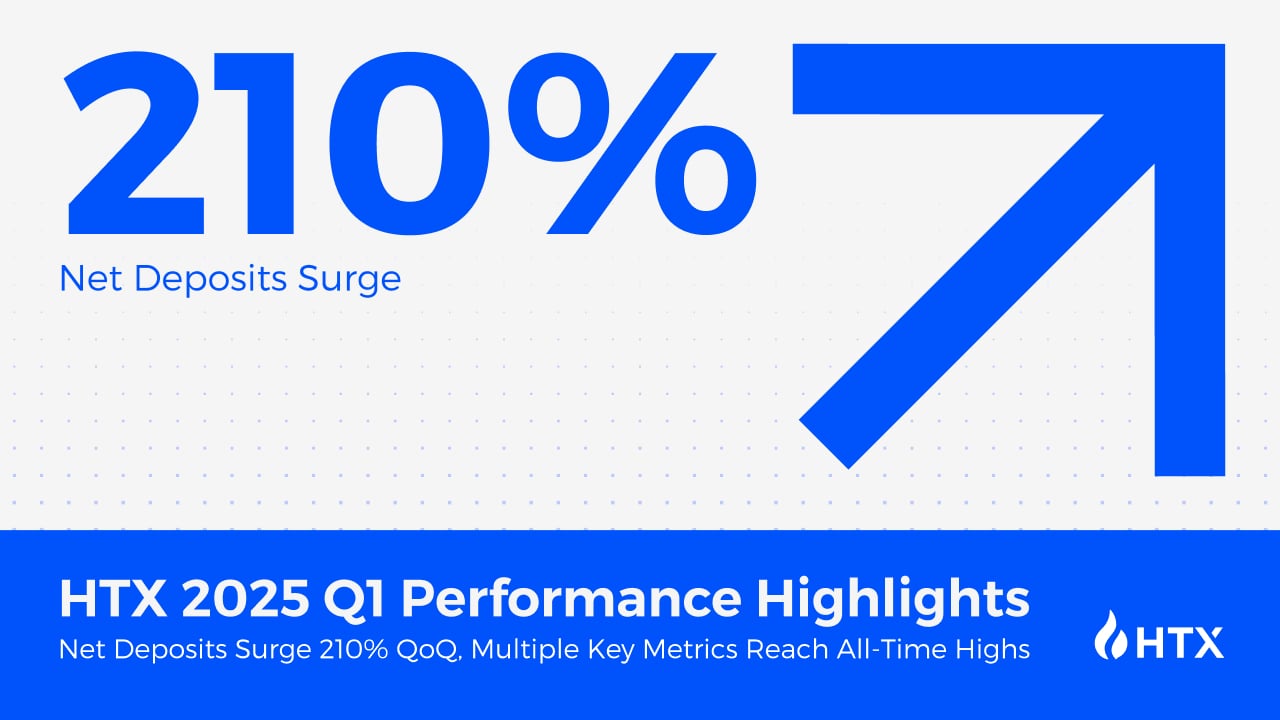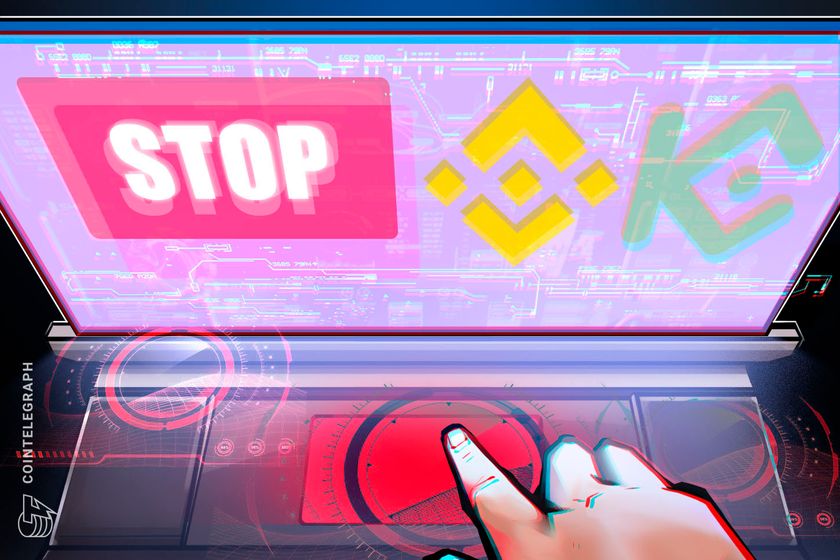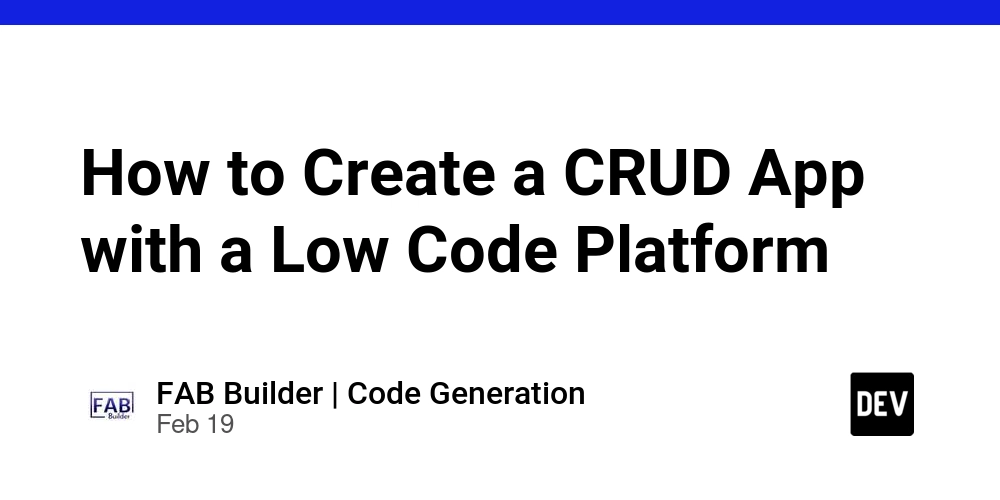Weekly #15-2025: An early look at PHP 9.0's, Javascript debug ids, A2A and more
Madhu Sudhan Subedi Tech Weekly An early look at PHP 9.0's new features and changes "Alright, let’s talk about PHP 9.0! It’s not out yet, but it’s shaping up to be a big cleanup release that focuses on making PHP more predictable, logical, and developer-friendly. Let me break it down for you. First up, increment and decrement behavior is getting a major overhaul. You know how weird things happen if you try something like 'a9'++? In PHP 9.0, that kind of code will throw a TypeError, forcing you to write cleaner, more intentional code. Plus, values like true, false, null, or empty strings won’t silently get converted or incremented anymore. It’s all about removing those confusing edge cases. Next, error handling is getting smarter. Right now, if unserialize() fails, you just get a warning—which is easy to miss. But PHP 9.0 will introduce a proper UnserializationFailedException, making it much easier to catch and debug issues. Now let’s talk about function signatures. Some functions, like array_keys(), might be split into more specific versions to make their purpose clearer. It’s all about improving readability and maintainability for developers. Another big change is with array behavior. PHP used to let you create arrays from things like false—for example, foreach(false as $x) wouldn’t crash. But in PHP 9.0, that won’t be allowed anymore. Less magic, more logic! Now onto string interpolation, which is also getting simplified. Currently, PHP lets you insert variables into strings in several ways: Direct: "$foo" Braces outside: "{$foo}" Braces after dollar: "${foo}" Variable variables: "${expr}" In PHP 9.0, options 1 and 2 will stick around because they’re straightforward and useful. But options 3 and 4 are being removed because they’re confusing and not very practical. Finally, variable handling is getting stricter too. Right now, using an undefined variable just throws a warning—but PHP 9.0 will make it a fatal error. No more "it worked but not really" situations! So what’s the takeaway here? PHP 9.0 is all about cleaning up the language—getting rid of quirks and legacy behavior while encouraging developers to write modern, clean code. It’s not adding flashy new features; instead, it’s tightening things up for a smoother experience. What do you think? Are you excited for these changes or do you think they’re overdue? Let me know!" PHP is still alive!! Link Why JavaScript needs Debug IDs? “Let’s talk about JavaScript—a language we all love... but let’s be honest, sometimes it drives us nuts. Imagine this: you’re tracking down a pesky bug, digging through your code—only to realize... the code running on your site? Yeah—it’s not what you wrote. It’s been minified, transformed, polyfilled—basically, it’s a mangled mess. Frustrating, right? Well... that’s where Debug IDs come in to save the day! Introduced by the folks at Sentry, Debug IDs are like secret keys—connecting your transformed code back to the original source maps. It’s like giving superpowers to your error tracking tools. Magical, even. But here’s the twist—Sentry isn’t just stopping there. They’re actually pushing to make Debug IDs a standard in JavaScript. Yup—official updates to source map specs, new browser APIs, the whole deal. And the best part? You can start using them right now. They’ve already released tools, plugins, and polyfills to get you rolling. So yeah—this is a game-changer for debugging in JavaScript. And honestly… who wouldn’t want an easier way to squash those elusive bugs?”** Link Cyberattacks by AI agents are coming Who’s the new player in cybersecurity? It’s AI agents. These advanced tools are taking cyberattacks to the next level, executing complex operations like ransomware at a scale traditional bots can’t match. To fight back, projects like the LLM Agent Honeypot are simulating vulnerable servers to study these agents. The results? AI attackers are smarter, faster, and better at evading detection than ever before. Experts warn that as AI evolves, autonomous cyberattacks could become the norm. The message is clear: we need stronger defenses now, or AI agents could dominate the cyber battlefield. Link The Big Feature: Automatic Relationship Goodbye to writing extra code just to load relationships in Laravel! Laravel 12.8 introduces a game-changing feature: Automatic Eager Loading—currently in beta to collect community feedback. As Taylor Otwell mentioned, the behavior and functionality of this feature may still change, even in patch releases.
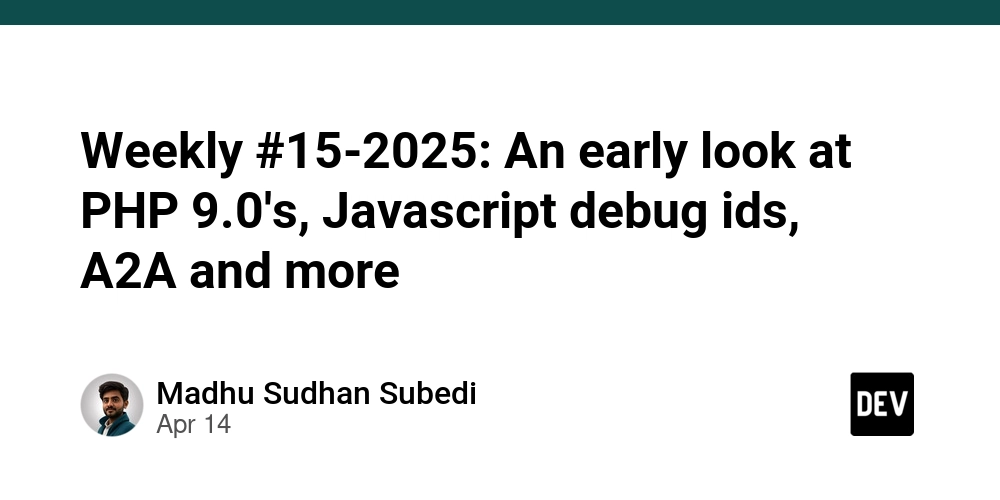
Madhu Sudhan Subedi Tech Weekly
An early look at PHP 9.0's new features and changes
"Alright, let’s talk about PHP 9.0! It’s not out yet, but it’s shaping up to be a big cleanup release that focuses on making PHP more predictable, logical, and developer-friendly. Let me break it down for you.
First up, increment and decrement behavior is getting a major overhaul. You know how weird things happen if you try something like 'a9'++? In PHP 9.0, that kind of code will throw a TypeError, forcing you to write cleaner, more intentional code. Plus, values like true, false, null, or empty strings won’t silently get converted or incremented anymore. It’s all about removing those confusing edge cases.
Next, error handling is getting smarter. Right now, if unserialize() fails, you just get a warning—which is easy to miss. But PHP 9.0 will introduce a proper UnserializationFailedException, making it much easier to catch and debug issues.
Now let’s talk about function signatures. Some functions, like array_keys(), might be split into more specific versions to make their purpose clearer. It’s all about improving readability and maintainability for developers.
Another big change is with array behavior. PHP used to let you create arrays from things like false—for example, foreach(false as $x) wouldn’t crash. But in PHP 9.0, that won’t be allowed anymore. Less magic, more logic!
Now onto string interpolation, which is also getting simplified. Currently, PHP lets you insert variables into strings in several ways:
- Direct:
"$foo" - Braces outside:
"{$foo}" - Braces after dollar:
"${foo}" - Variable variables:
"${expr}"
In PHP 9.0, options 1 and 2 will stick around because they’re straightforward and useful. But options 3 and 4 are being removed because they’re confusing and not very practical.
Finally, variable handling is getting stricter too. Right now, using an undefined variable just throws a warning—but PHP 9.0 will make it a fatal error. No more "it worked but not really" situations!
So what’s the takeaway here? PHP 9.0 is all about cleaning up the language—getting rid of quirks and legacy behavior while encouraging developers to write modern, clean code. It’s not adding flashy new features; instead, it’s tightening things up for a smoother experience.
What do you think? Are you excited for these changes or do you think they’re overdue? Let me know!" PHP is still alive!!
Why JavaScript needs Debug IDs?
“Let’s talk about JavaScript—a language we all love... but let’s be honest, sometimes it drives us nuts.
Imagine this: you’re tracking down a pesky bug, digging through your code—only to realize... the code running on your site?
Yeah—it’s not what you wrote.
It’s been minified, transformed, polyfilled—basically, it’s a mangled mess.
Frustrating, right?
Well... that’s where Debug IDs come in to save the day!
Introduced by the folks at Sentry, Debug IDs are like secret keys—connecting your transformed code back to the original source maps.
It’s like giving superpowers to your error tracking tools. Magical, even.
But here’s the twist—Sentry isn’t just stopping there.
They’re actually pushing to make Debug IDs a standard in JavaScript.
Yup—official updates to source map specs, new browser APIs, the whole deal.
And the best part? You can start using them right now.
They’ve already released tools, plugins, and polyfills to get you rolling.
So yeah—this is a game-changer for debugging in JavaScript.
And honestly… who wouldn’t want an easier way to squash those elusive bugs?”**
Cyberattacks by AI agents are coming
Who’s the new player in cybersecurity? It’s AI agents. These advanced tools are taking cyberattacks to the next level, executing complex operations like ransomware at a scale traditional bots can’t match.
To fight back, projects like the LLM Agent Honeypot are simulating vulnerable servers to study these agents. The results? AI attackers are smarter, faster, and better at evading detection than ever before. Experts warn that as AI evolves, autonomous cyberattacks could become the norm.
The message is clear: we need stronger defenses now, or AI agents could dominate the cyber battlefield.
The Big Feature: Automatic Relationship
Goodbye to writing extra code just to load relationships in Laravel!
Laravel 12.8 introduces a game-changing feature: Automatic Eager Loading—currently in beta to collect community feedback. As Taylor Otwell mentioned, the behavior and functionality of this feature may still change, even in patch releases.














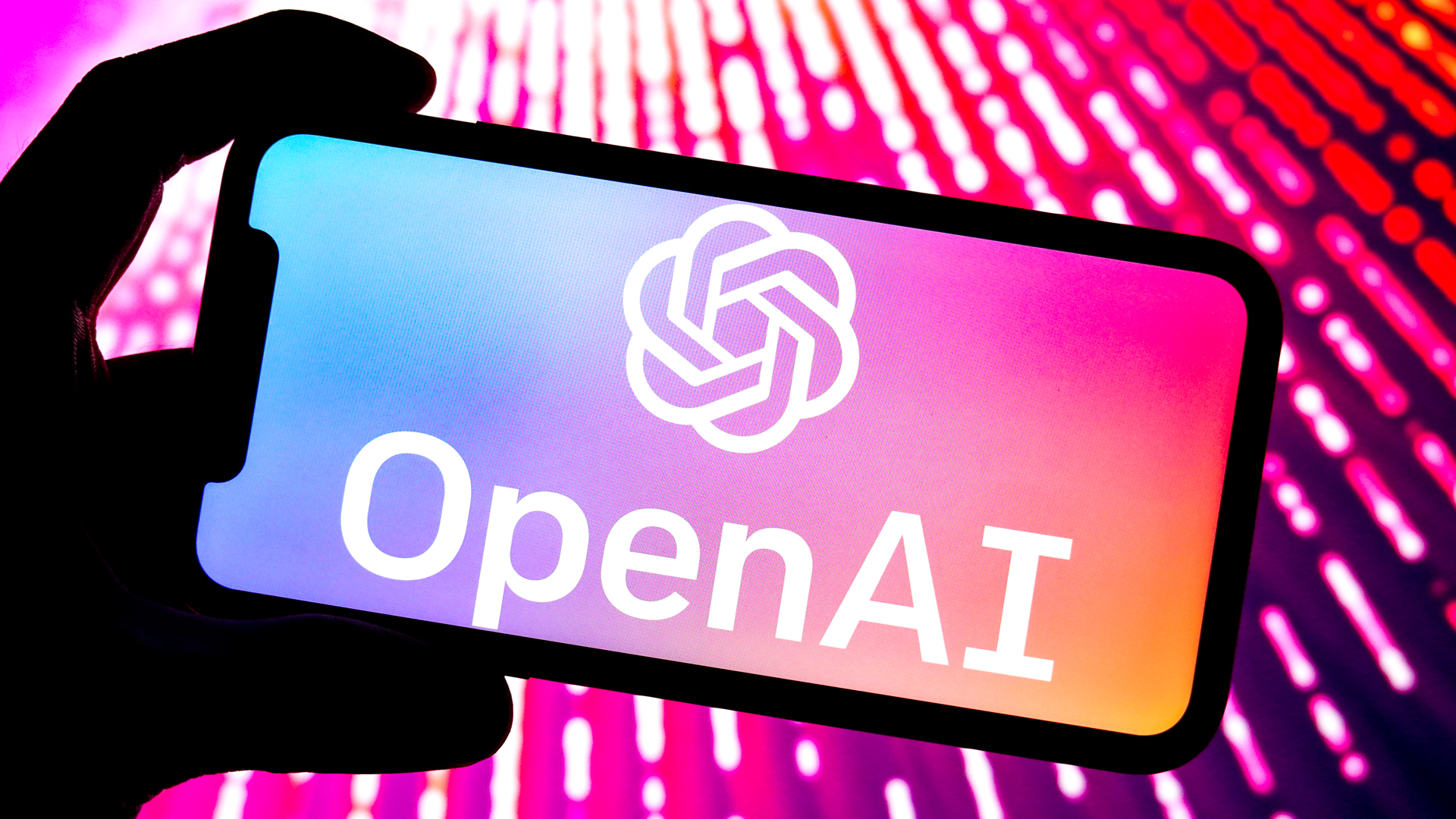








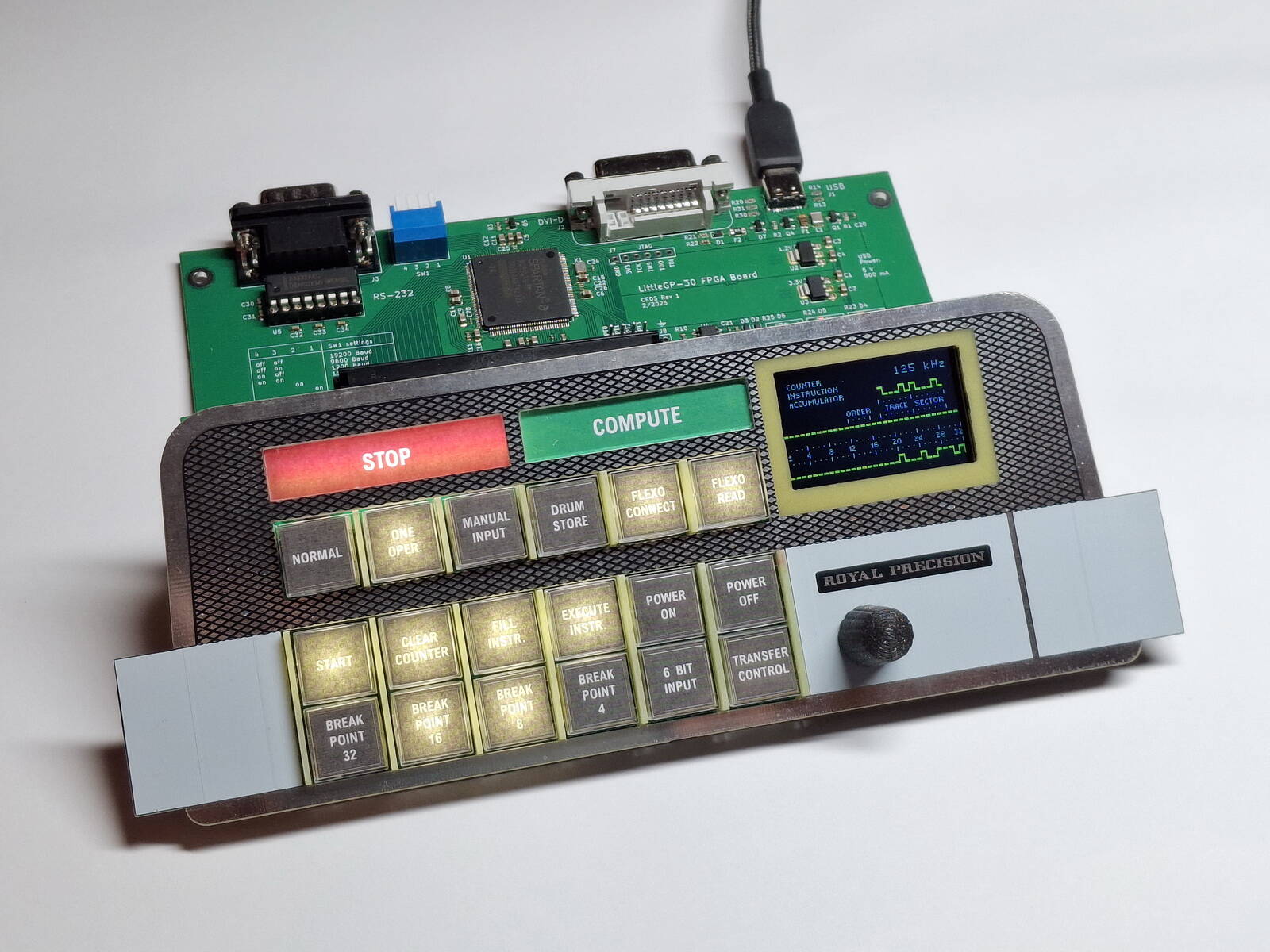



















































































































































![[The AI Show Episode 143]: ChatGPT Revenue Surge, New AGI Timelines, Amazon’s AI Agent, Claude for Education, Model Context Protocol & LLMs Pass the Turing Test](https://www.marketingaiinstitute.com/hubfs/ep%20143%20cover.png)














































































































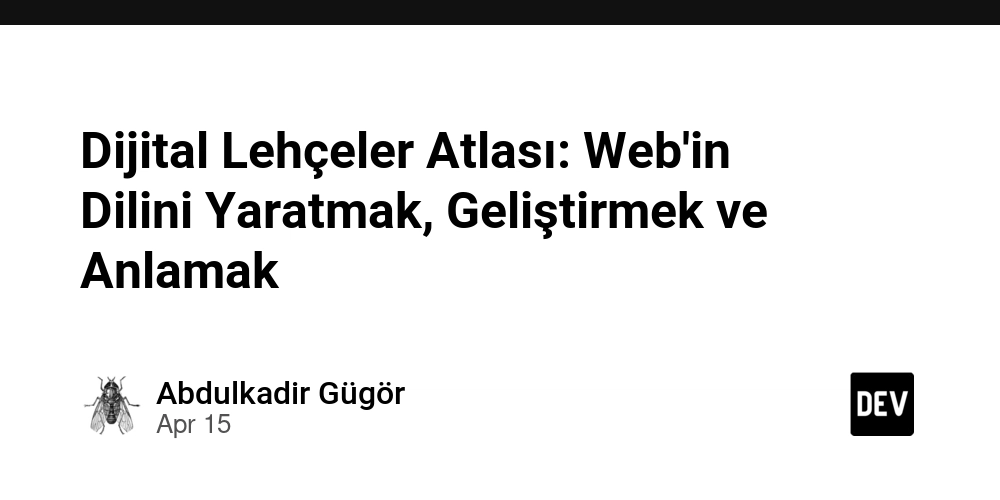
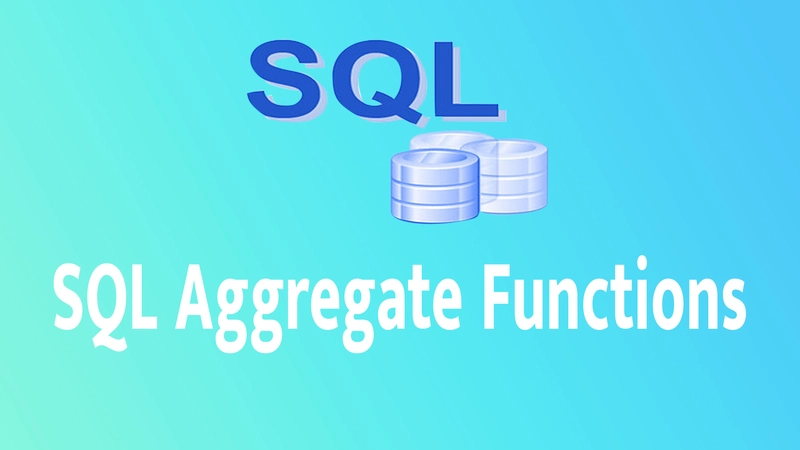

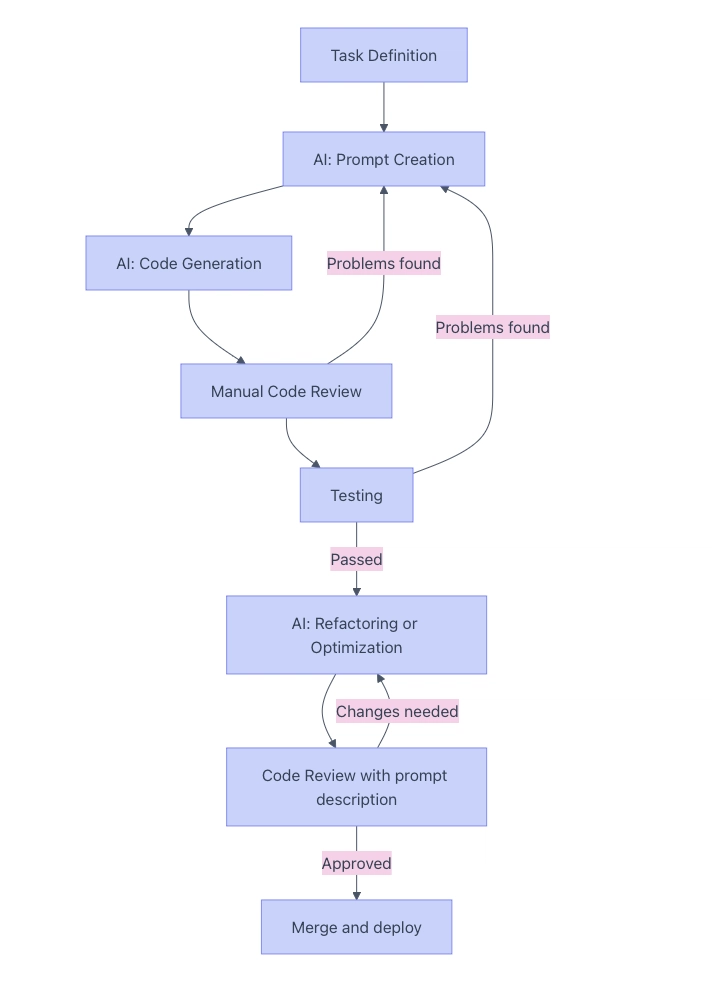




































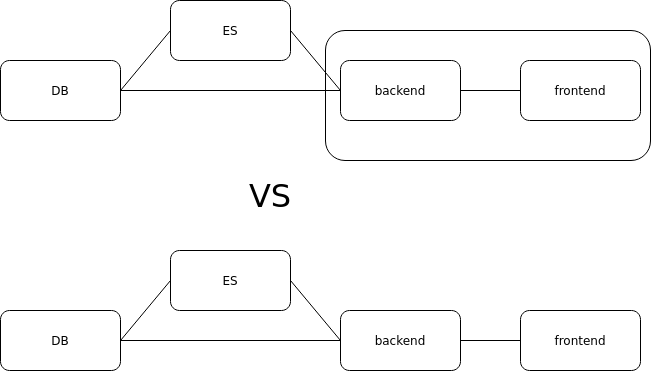




















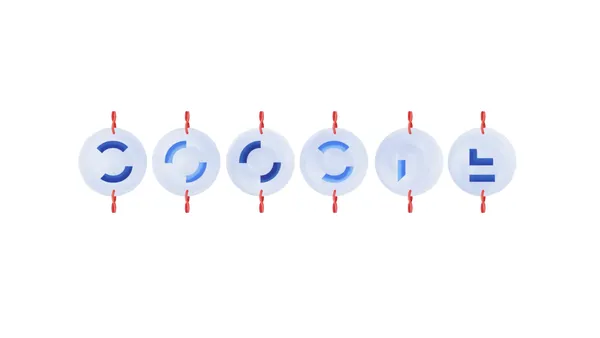

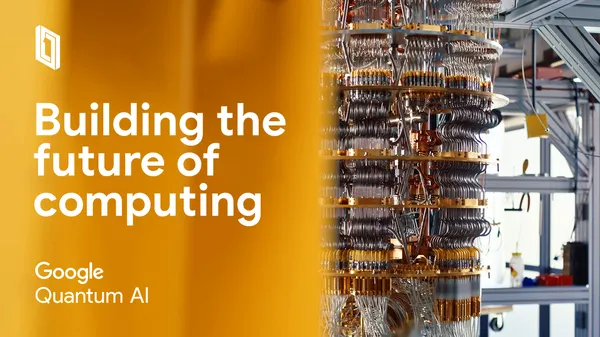
.png?width=1920&height=1920&fit=bounds&quality=70&format=jpg&auto=webp#)
























































.png?#)




























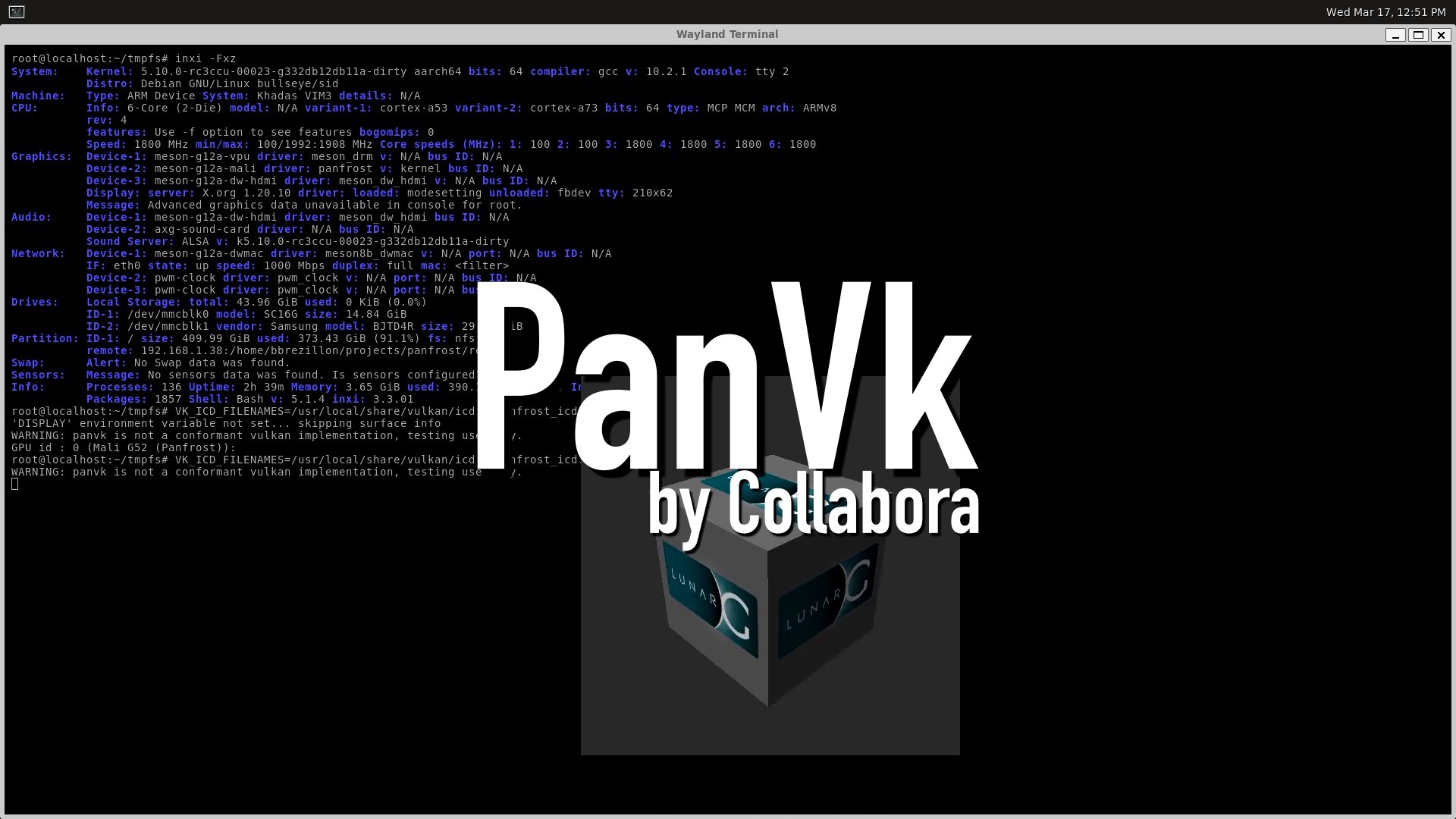








.webp?#)




















































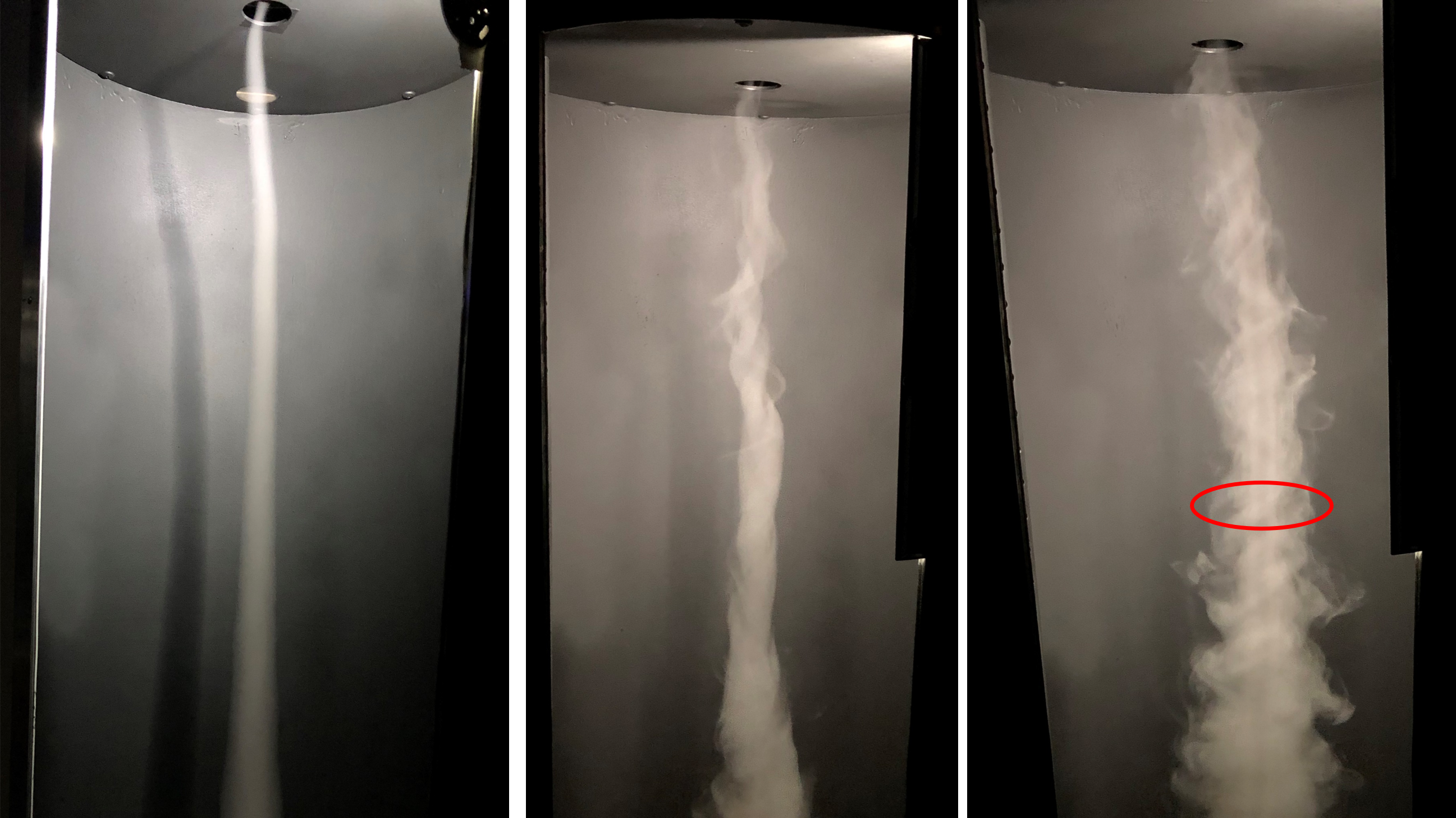






























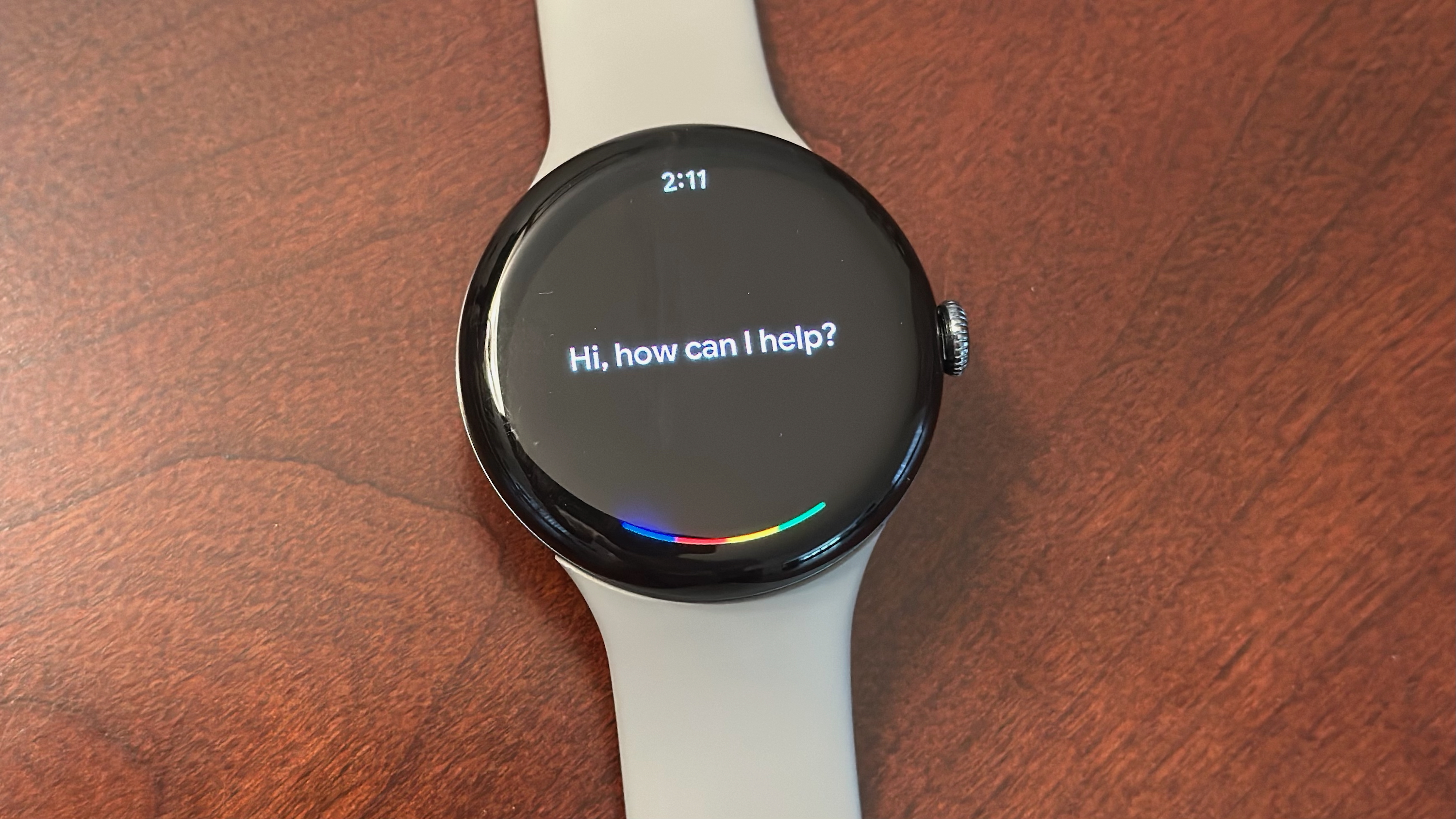







![[Fixed] Gemini app is failing to generate Audio Overviews](https://i0.wp.com/9to5google.com/wp-content/uploads/sites/4/2025/03/Gemini-Audio-Overview-cover.jpg?resize=1200%2C628&quality=82&strip=all&ssl=1)

![What’s new in Android’s April 2025 Google System Updates [U: 4/14]](https://i0.wp.com/9to5google.com/wp-content/uploads/sites/4/2025/01/google-play-services-3.jpg?resize=1200%2C628&quality=82&strip=all&ssl=1)













![Apple Seeds tvOS 18.5 Beta 2 to Developers [Download]](https://www.iclarified.com/images/news/97011/97011/97011-640.jpg)
![Apple Releases macOS Sequoia 15.5 Beta 2 to Developers [Download]](https://www.iclarified.com/images/news/97014/97014/97014-640.jpg)

















































































































